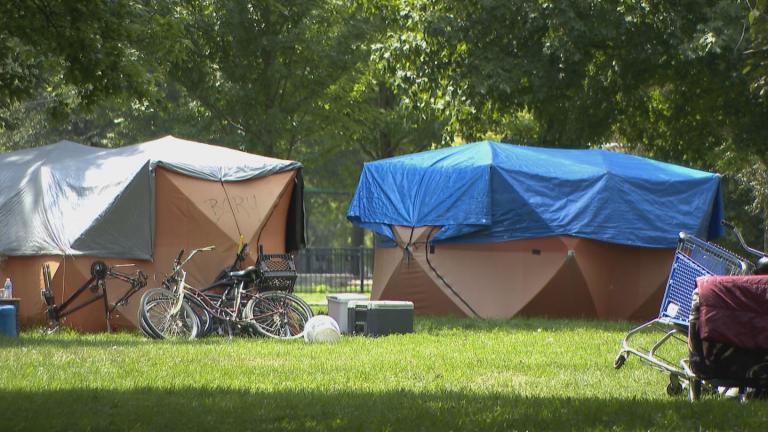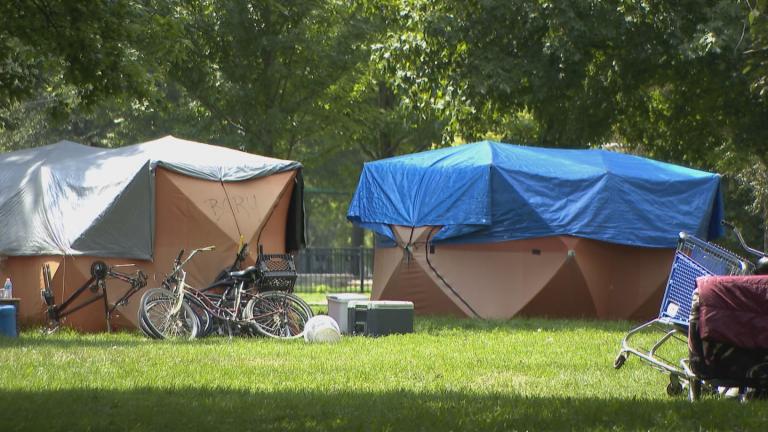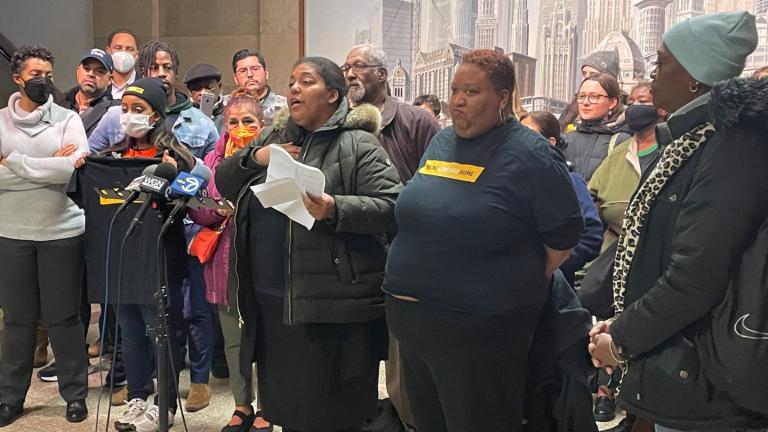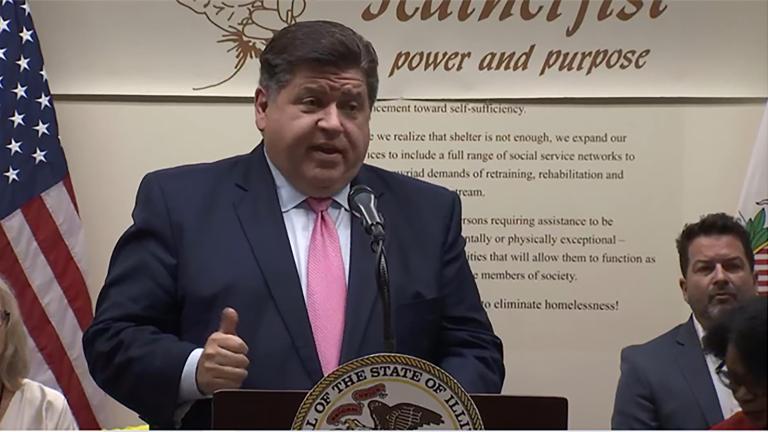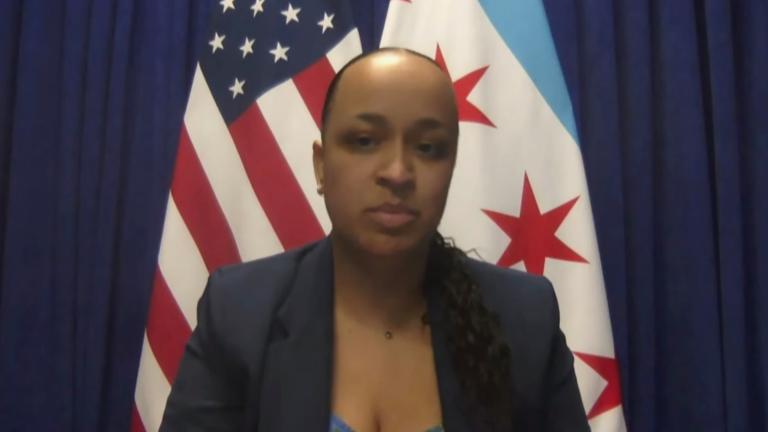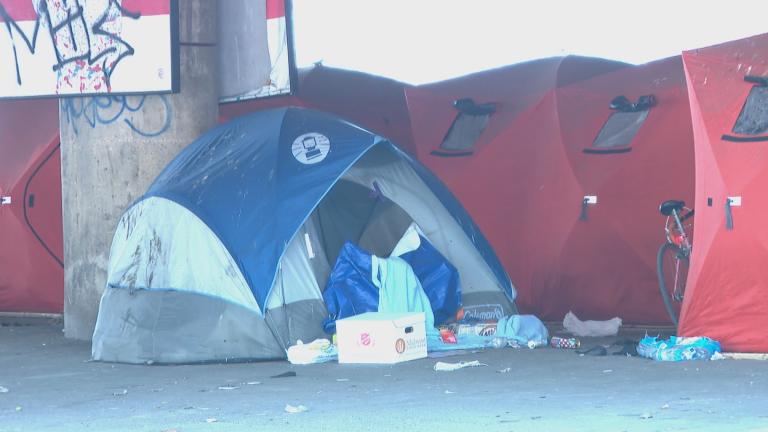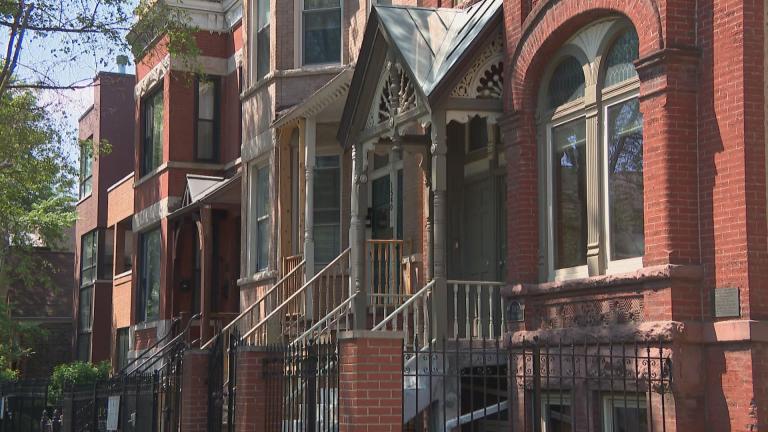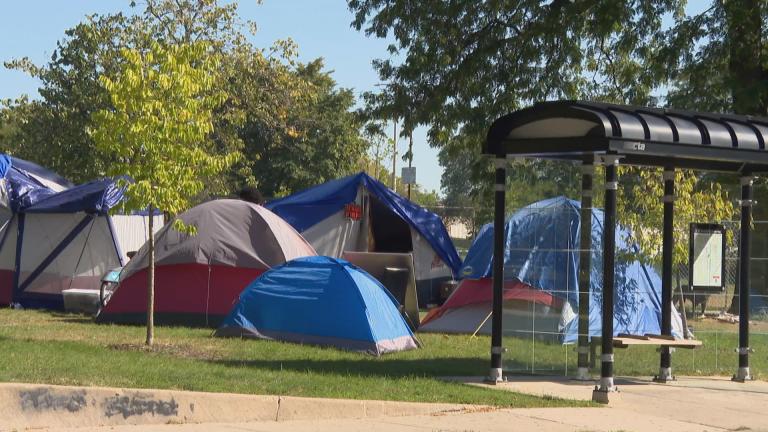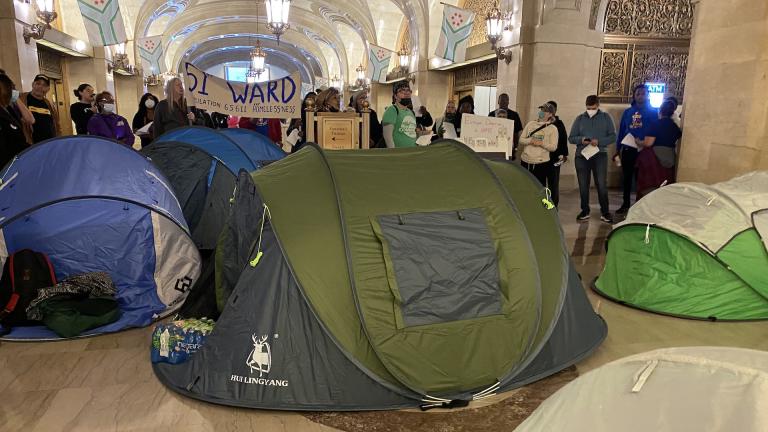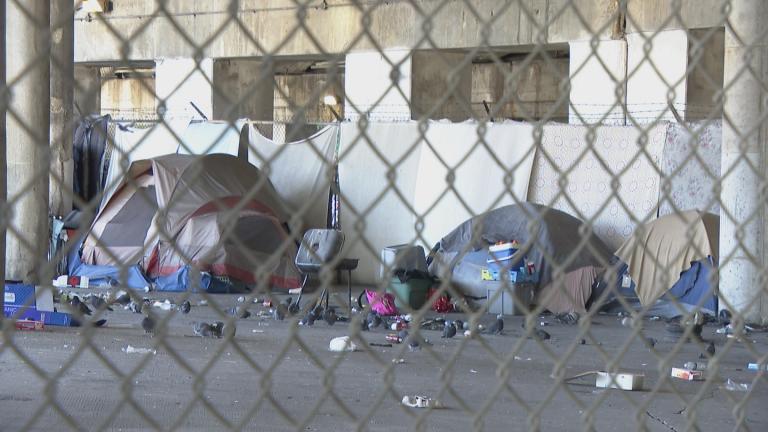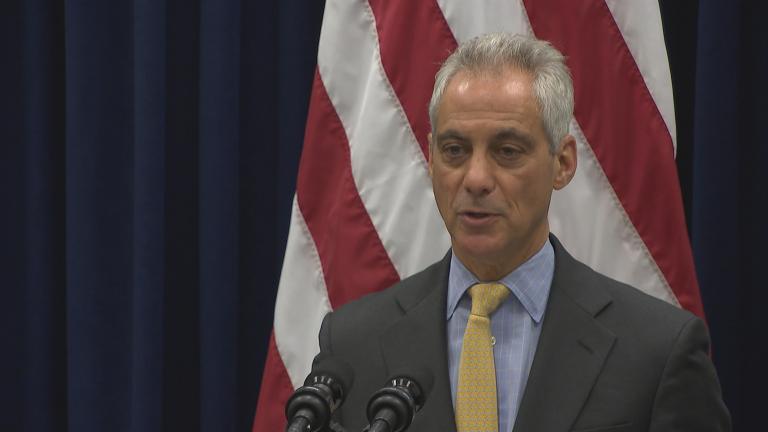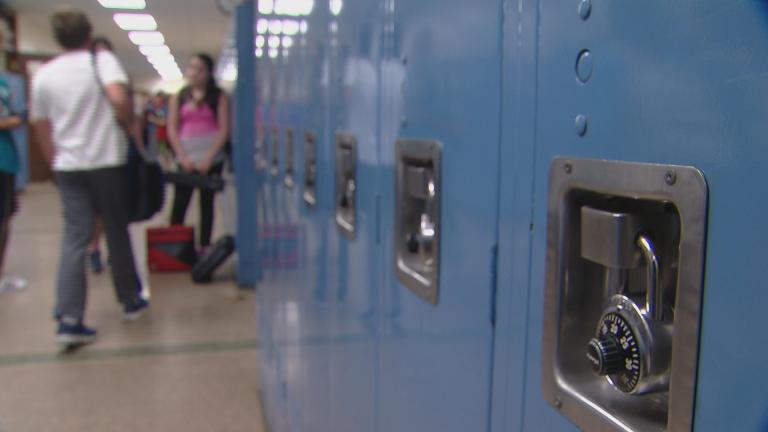A revised version of the proposal known as “Bring Chicago Home” has Mayor Brandon Johnson’s support, setting up a fierce debate in the coming weeks over how the city should fight homelessness.
Chicago Coalition for the Homeless
According to the Chicago Coalition for the Homeless, more than 65,000 Chicagoans are currently unhoused.
Supporters of the proposal say the change will help the nearly 66,000 Chicagoans who are unhoused by generating approximately $160 million annually — enough to address the root causes of homelessness by building new permanent housing that offers wraparound services like substance abuse counseling.
House Bill 2831 codifies an executive order Pritzker signed in 2021 that established the Illinois Interagency Task Force on Homelessness and the Community Advisory Council on Homelessness. It centralizes programs across 17 state departments and agencies to develop and implement a comprehensive plan to combat homelessness.
Dubbed the ALL INside initiative, officials with the U.S. Interagency Council on Homelessness, which is made up of 19 federal agencies, vowed to work for two years to get unsheltered people into homes by identifying new funding and bringing together philanthropic and nonprofit groups.
On Monday, President Joe Biden unveiled his plan to cut homelessness by 25% by 2025. While the president is promising federal aid to help solve the crisis, advocates for the homeless argue there are local strategies that must be implemented as well.
Dozens of Chicagoans who waited hours to get their turn to address the Chicago City Council were prevented from speaking because a majority of the Chicago City Council attended Monday's special meeting.
Supporters of the proposal say the change will help the nearly 66,000 Chicagoans who are unhoused by generating approximately $160 million annually.
A recent report by the Chicago Coalition for the Homeless found at least 65,000 people were experiencing homelessness in the city in 2020, which includes those who temporarily stayed with others in addition to people living in shelters and on the street.
Chanting “Housing is a human right! Lightfoot will not stop our fight!” and “Lo-ri! We’re calling on you!” anti-homelessness activists staged a tent city at City Hall to demand a dedicated funding stream for subsidized housing, just as Mayor Lori Lightfoot delivered her yearly budget address.
A new proposal would increase the city’s real estate transfer tax, a one-time tax paid when a property is sold, by nearly 2% on properties over $1 million. An advocacy organization says the move would impact about 4% of properties sold and would generate $163 million to fund permanent affordable housing with services.
Over the past year, a small group of people who are homeless have established a tent encampment in a small Avondale park. Similar encampments are all over Chicago, and as Illinois’ eviction moratorium nears its end, the number of unhoused people is expected to grow.
More than 16,000 CPS students dealt with some form of homelessness last school year. Now, Chicago aldermen and a local nonprofit are calling on Mayor Lori Lightfoot to support what they believe could be an “immediate solution.”
The mayor said he understands the seriousness of homelessness and the city’s lead pipes, but he doesn’t think homeowners should be treated “as an ATM machine.”
The Chicago Coalition for the Homeless says its newly announced proposal could generate $150 million per year for homeless services and decrease the city’s homeless population by 36,000 in just 10 years.
About 15,000 Chicago Public Schools students are homeless, and a proposal to close four Englewood high schools would disproportionately harm part of that population, the Chicago Coalition for the Homeless says.

